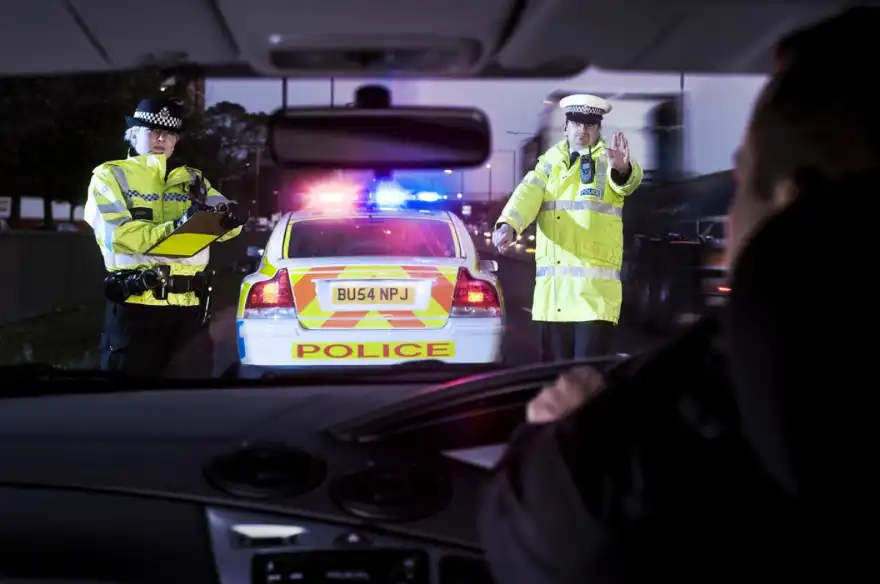
Drink-driving is among the biggest causes of road deaths in the UK and so the legal limit must fall in England and Wales, according to the Parliamentary Advisory Council for Transport Safety (PACTS).. It also quantified the issue. The number of people killed annually has not fallen since 2010, for example. Progress has ‘ground to a halt’.
In recent years, drink-drivers contributed towards:
- 240 deaths per-annum
- 13% of all road deaths.
PACTS, therefore, called for a holistic approach to tackle drink-driving. Motorists offend for a wide range of reasons, after all. A ‘significant number of re-offenders have alcohol and mental health issues’, it stressed. There are also fewer police officers on the street, so motorists think they are ‘less likely to be caught’. Police enforcement has fallen 63% since 2009, PACTS added.
Lower drink-drive limit
PACTS revealed a range of recommendations to make the roads safer and reconsidering the drink-drive limit was one answer brought forward. The limit in England and Wales is higher than in most nearby countries, at 35 microgrammes of alcohol per 100 millilitres of breath. In Scotland, for example, it is only 22 microgrammes. PACTS now wants a lower limit enforced.
Director, David Davies, explained that Scotland’s lower limit has not caused serious issues. ‘Scotland introduced a lower limit in 2014’, he confirmed. ‘It has been accepted by the public. It has not significantly impacted pubs and restaurants, or overloaded the police, or the courts. Northern Ireland plans to go further’, he added. Expect a ‘zero’ limit for ‘novice and professional drivers’.
More breath tests
PACTS also called for ‘mandatory breath testing’ – also known as ‘random breath testing’ – to be permitted by law. A police officer could then test a motorist without a specific reason at the roadside. As of now, the driver must have either crashed or committed an offence. Alternatively, the police officer must suspect the driver is above the legal limit. PACTS also called for:
- increased penalties for drivers who combine drink and drugs (to discourage other people from following suit)
- rehabilitation courses for people with mental health and alcohol problems (so they feel less inclined to drink).
Act now
‘Drink-driving is often cited as a road safety success story’, Director David Davies suggested. ‘However, it remains a major killer. Not only is better enforcement important – but also the problems of mental health and alcohol dependency need to be recognised. It is time for a new, comprehensive approach to reducing the toll of drink-drive deaths and injuries’, he affirmed.




